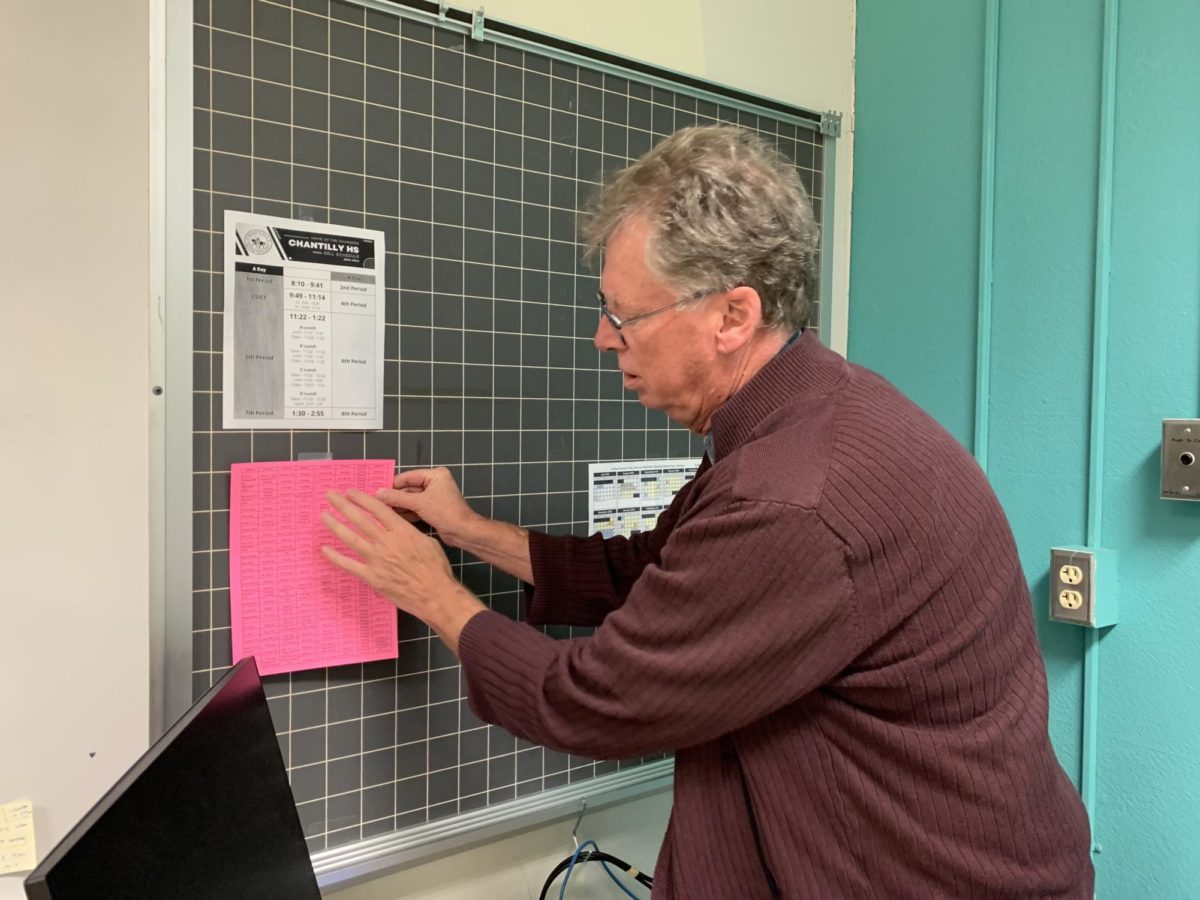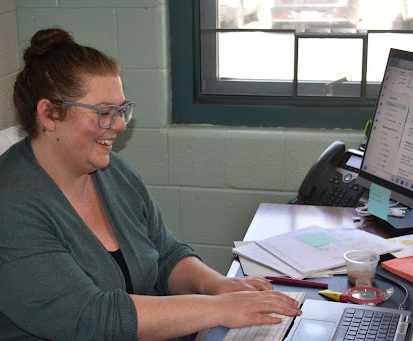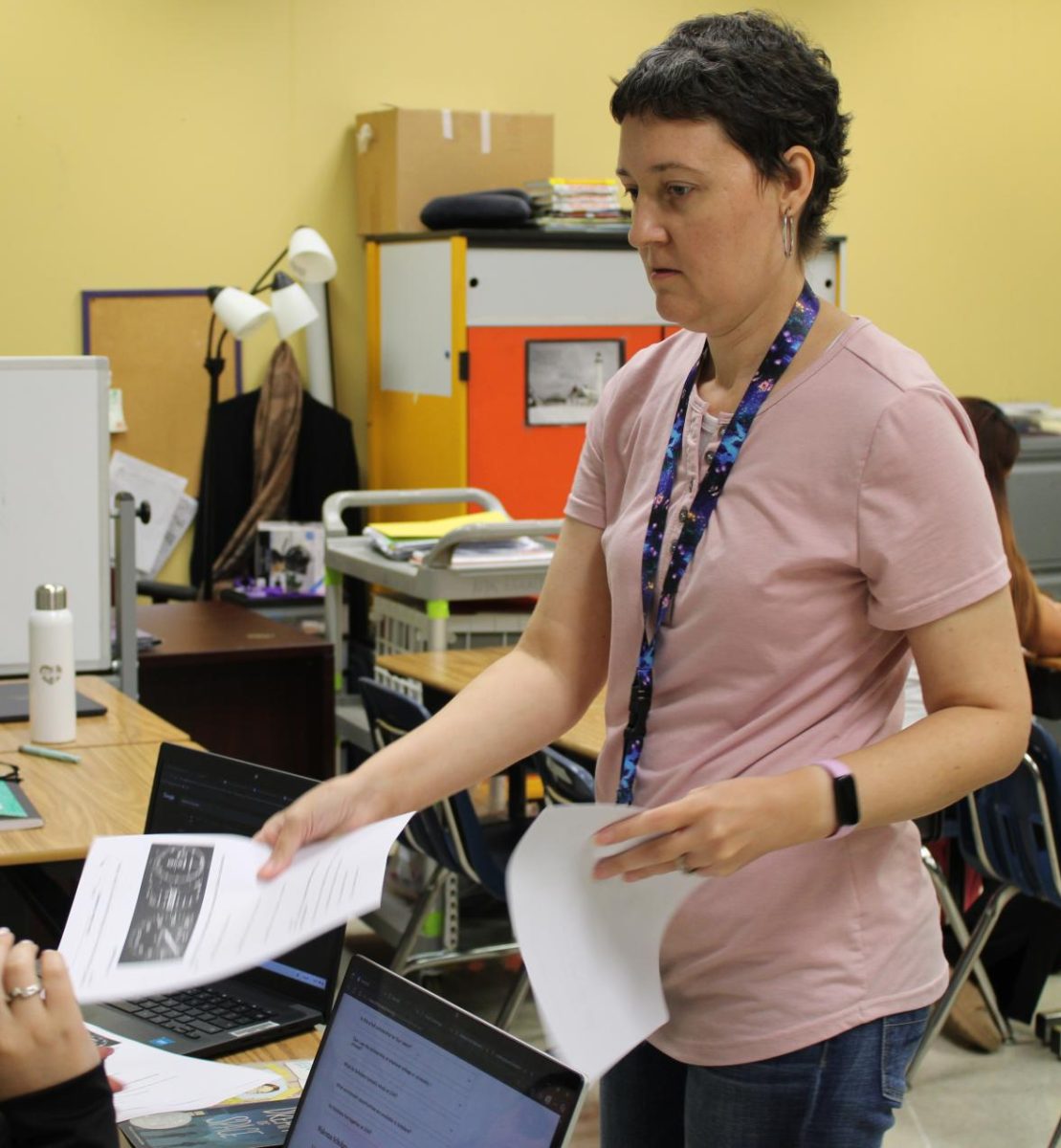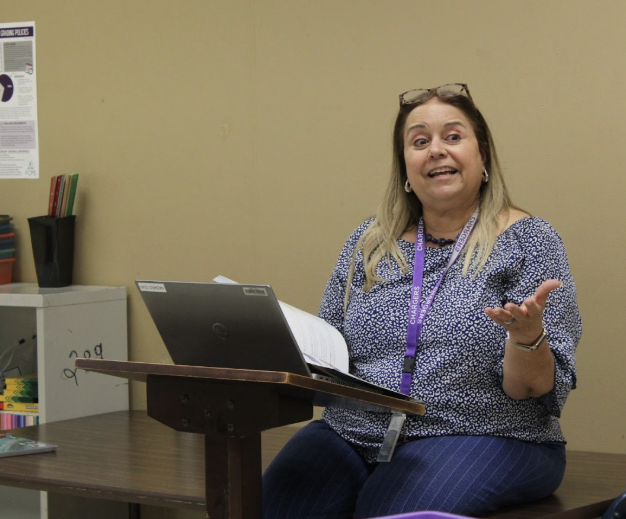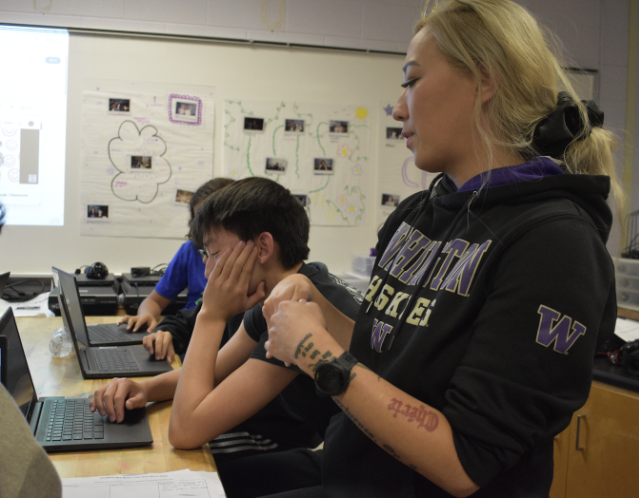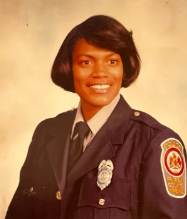New artistic advances and bell schedule changes have been introduced at the start of this school year and the removal of Charger Time (CT) is one among those differences. CT, previously used as a 45-minute period to visit teachers for help, reconnect with peers or tutor others, now requires students to use hall-passes in order to move between classrooms due to the new, structured setting.
This new development has been especially challenging for honor societies and clubs who utilized the time to gain service hours and meet volunteering requirements. Particularly, Math Honor Society that offers tutoring to peers, is likely going to be forced back into mandatory after-school tutoring for members, according to senior Math Honor Society officer Katya Presnar.
“These changes will primarily affect our honor society’s tutors who will now have to skip their Charger Connect classes or stay after school in order to receive their credit hours,” Presnar said. “This unfortunately results in less opportunity for math students to receive the help they need, but we will adjust our hour requirements as well as our society events as needed.”
Alongside the changes for honor societies, regular tutoring services like the Writing Center are having to adapt because students do not have the flexibility to freely enter the class without a hall-pass, requiring teachers to change their original processes while assisting students.
“We will have to be more flexible and will begin to dabble into the concept of asynchronous tutoring through audio recordings of feedback or comment on google docs,” English teacher and Chantilly Writing Center sponsor Nikki Lehman said. “Both students and teachers are going to have to be more proactive. Now if I feel like someone really does need to come in, I will have to seek them out and ask them to come in to make it up.”
Lehman understands the reason behind rebranding CT because in previous years, students began to use CT as a time to leave the school premises unauthorized.
“For as long as I can remember, we have had this open period which is great for students, giving them the opportunity to do the things they need to, but it is not working for everyone,” Lehman said. “Sometimes when you had directed kids for CT, you would direct them but they would never show up anyway. In the long run for teachers, we will be able to see those kids more often than before.”
Without an open campus, students like junior Sam Wolff are finding this change affects their mental health with less time to interact with friends from different classes.
“Now that we are in our regular classes and need an e-hallpass to visit other teachers for learning purposes, I think it is much harder to just relax before continuing on through the school day,” junior Sam Wolff said.
However, the overall purpose of increasing security measures within the school may have a positive outcome. According to Lehman, many high schools within the country have been operating their open blocks through hall passes for the past few years and this will likely soon become the new normal.
“Although I can understand why our administrators chose to get rid of CT, I think there are wide scale consequences that affect our student body that were not directly considered,” Presnar said. “I believe there are much better ways to prevent misbehavior during CT, since changing our entire school system was arguably detrimental to many of our honor societies and student organizations.”


